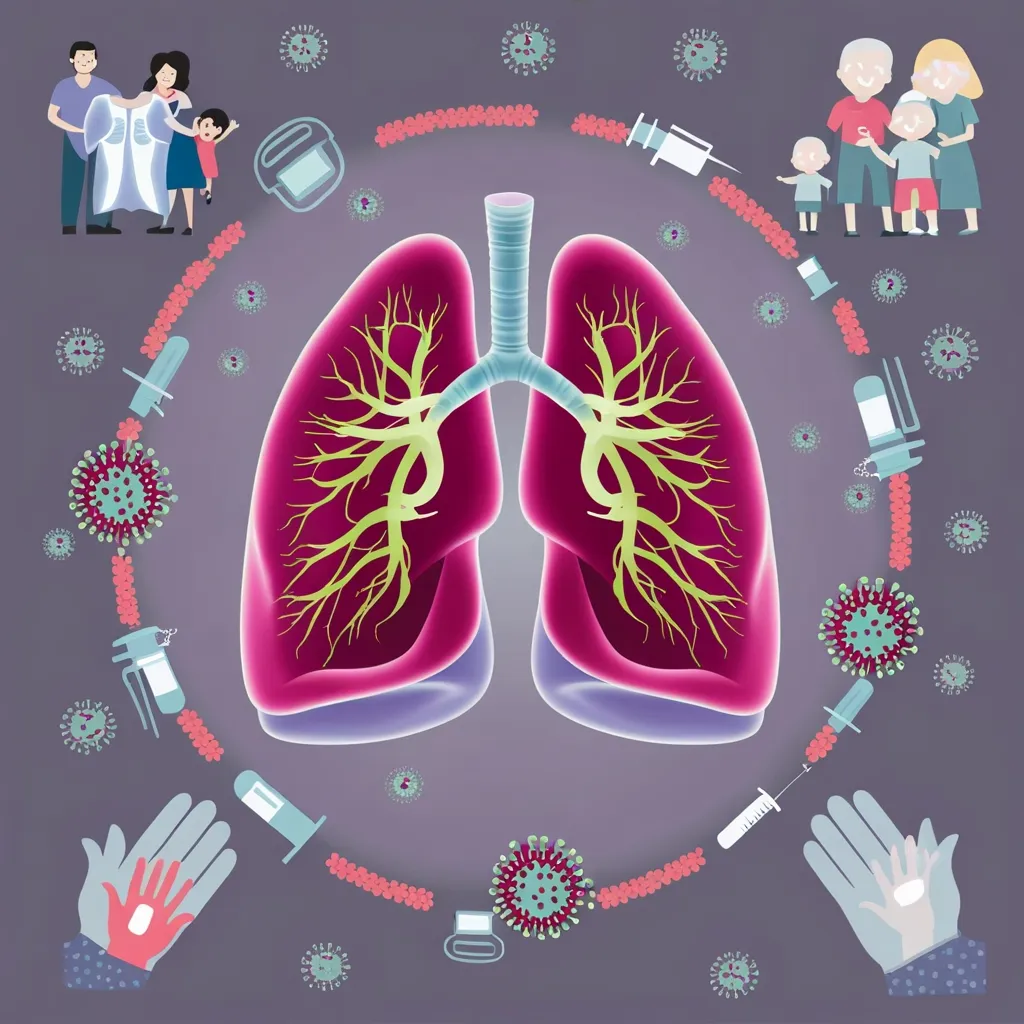Migraines truly suck. They can mess up your day big time. While meds help, some simple lifestyle tweaks and natural remedies can make a difference too. Let’s dive into how to keep those nasty migraines at bay.
Lifestyle Tweaks
First off, changing a few things in your daily routine can really help. Regular exercise is a biggie. Think about activities like walking, swimming, or cycling. Start slow and ease into it to avoid triggering a migraine.
Eating right matters a lot too. Diets low in fat and with a low glycemic index could be your best friends. Foods rich in omega-3 fatty acids and low in omega-6 are great. Even the ketogenic diet has shown promise, especially if you’re carrying a few extra pounds.
Hydrate and Eat on Time
Water is your best buddy here. Dehydration can trigger migraines, so aim for around 8-10 glasses a day. Regular meals are just as important. Skipping meals, especially breakfast, can mess with your blood sugar levels and potentially spark a migraine.
Keep Calm and Chill
Stress? No thanks! It’s a known migraine trigger. Chill out with some deep breathing, progressive muscle relaxation, or meditation. Cognitive behavioral therapy (CBT) can also help tackle the mental aspect of migraine pain.
Sleep Tight
Never underestimate the power of good sleep. Set a routine that’s consistent and gives you plenty of downtime before bed. Skip the caffeine, heavy meals, and intense activities before hitting the hay. Yoga and acupressure can also help you unwind.
Go Natural
Nature has some cool tricks up its sleeve. Lavender oil can be a soothing option – either by inhaling or applying it on your temples. Butterbur, a plant, has also shown good results in reducing migraines.
Massage therapy could decrease both the intensity and frequency of migraines. Same goes for acupuncture, which targets specific points on your body to ease pain.
Avoid the Bad Stuff
Finding and dodging your triggers is key. Common culprits include aged cheese, chocolate, and processed meats. Alcohol, particularly red wine, is another big one. Keeping a migraine diary can help spot your personal triggers.
Biofeedback and Tech Help
Ever heard of biofeedback? It’s about controlling subconscious body functions to prevent migraines. Nerve stimulation therapies like transcranial magnetic stimulation (TMS) can also tweak pain signals and lower migraine frequency.
Support System
Living with migraines is tough. Support groups or counseling can offer emotional backing and practical advice. Knowing more about migraines and their triggers empowers you to manage them better.
In a nutshell, keeping migraines at bay involves a mix of lifestyle changes, natural remedies, managing stress, and avoiding triggers. By working these strategies into daily life, you can significantly reduce the frequency and severity of migraines and enjoy a better quality of life.






